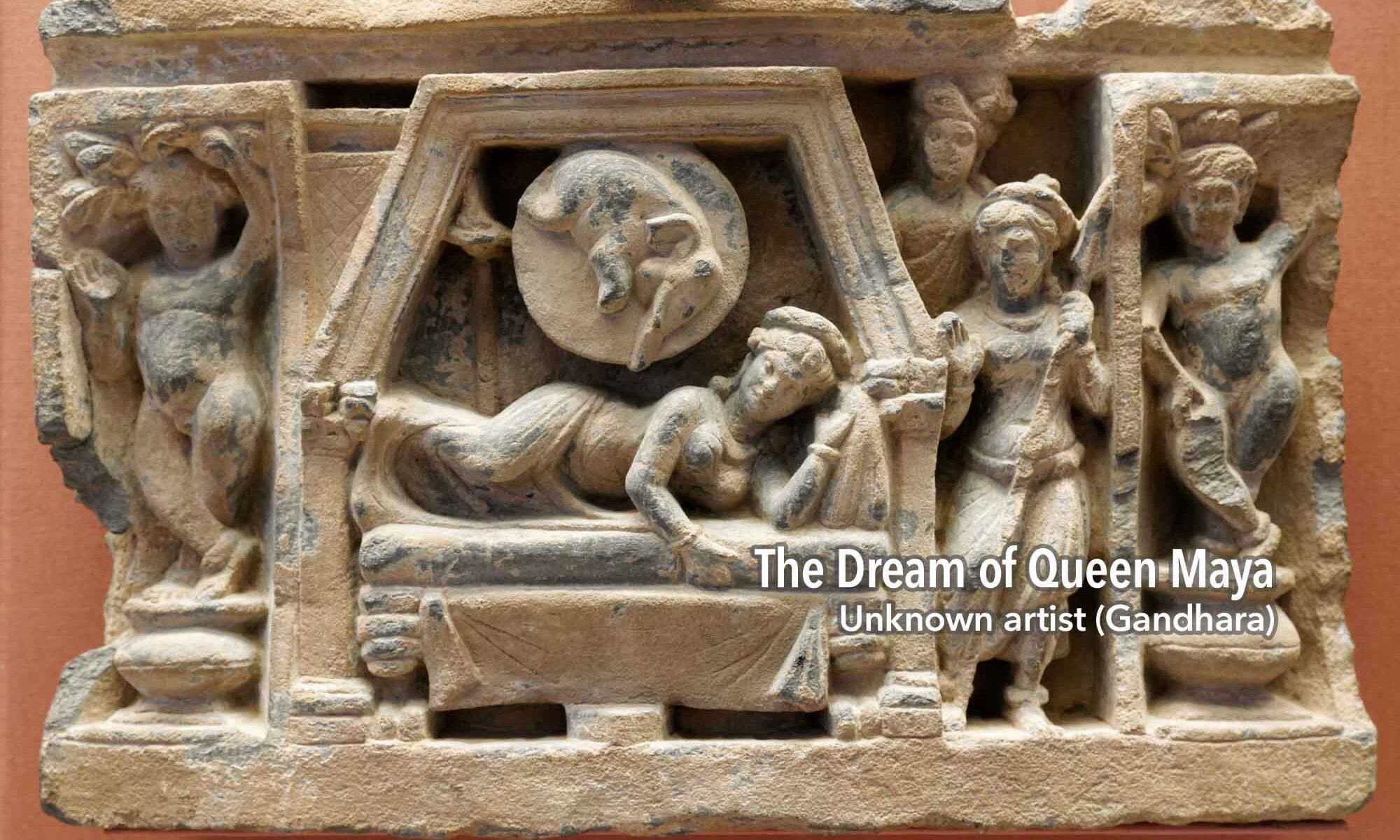 Many years ago a student told me a story about her childhood dreams that still haunts me. It’s not a happy story—in fact I find it incredibly sad—but it’s kept me thinking about what we know, and don’t know, about the potentials of dreaming.
Many years ago a student told me a story about her childhood dreams that still haunts me. It’s not a happy story—in fact I find it incredibly sad—but it’s kept me thinking about what we know, and don’t know, about the potentials of dreaming.
Wanda (a pseudonym) was a student in a religious studies course I taught for upper level undergraduates at Santa Clara University. The topic of the class was religious and psychological perspectives on dreaming, and we covered the history of Western dream theories from ancient Greek myths to modern sleep laboratory research. I encouraged the students to think about how the various theories related to their own dream experiences as one way of testing the validity of those theories.
After class one day Wanda told me that when she was a child, she often had dreams that seemed to anticipate future events. She didn’t think it was a big deal, and the predictions were often about trivial things, but she was always intrigued by the possibilities her dreams revealed.
One night when she was thirteen-years old, a few weeks before her 8th grade prom, she dreamed that her mother would be in a car accident the very night of the dance. In the dream Wanda saw that, for some unknown reason, her prom dress was in the car, and so was her mother’s collection of record albums.
She shared the dream and its strange details with her best friend, and they were both stunned when, right before the prom, Wanda’s mother did indeed have a car crash. Without telling Wanda, her mother had taken her prom dress to be hand-tailored, and on the way to the tailor she was taking her stereo and albums to loan to a friend. Fortunately no one was injured, but the accident seemed to conform very closely to what Wanda had recently dreamed.
At this point I should note something Wanda had mentioned in earlier class discussions, namely that she was raised in a strictly fundamentalist Christian family.
Excited by the weird accuracy of her dream, Wanda told her mother about it, and also about other dreams she felt had accurately foreseen future events. To her surprise, her mother became frightened and angry. She said she didn’t want to hear any more dreams like that. “I am not going to be the mother of a witch!” she shouted.
Realizing how upset her mother was, Wanda simply stopped having such dreams. She said it was like she chose to shut something off inside her.
And now, many years later, she didn’t know how she could turn it back “on” again even if she wanted.
In other cultural contexts, Wanda’s extraordinary dreams would be taken as indications of her natural aptitude for training as a shaman, healer, or diviner. But in the cultural context of Wanda’s fundamentalist Christian family these kinds of powers, especially when emerging in a female, were harshly repudiated as “witchery.”
It’s possible, of course, that Wanda made up her story. I have no way of independently verifying what she told me. She certainly seemed honest and sincere to me, and I saw nothing in her behavior during the class to make me doubt her character. She was a good but not spectacular student, quiet and reserved among her peers. She gained no special favor by telling me what she did. Actually, given that SCU is a Catholic school, it probably wasn’t a wise thing for her to share such a heretical experience with a teacher.
There’s no compelling scientific evidence proving that dreams can predict the future, although there is an argument to be made that dreaming has the adaptive function of simulating potential threats that may arise in waking life (Antii Revonsuo and Katja Valli have done research in this area). But Wanda’s dream was so accurate and so detailed, and it involved a threat not to her but to someone else. How is that possible? We just don’t know. Current science cannot explain this kind of ability.
We do know, however, that humans vary widely in their dream recall, with some people naturally much more receptive to the products of their nocturnal imaginations than others.
We also know that some Christian authorities have a troubled history of demonizing unusual dream experiences and persecuting people, especially women, who show an interest in them.
And we know, thanks to works like Charlotte Beradt’s The Third Reich of Dreams, a study of dream reports gathered in 1933-1939 Nazi Germany, that extremely oppressive cultural forces can disrupt people’s capacity to dream, scaring them away from their own inner lives.
In light of all that, I’m left thinking that Wanda was likely telling me the truth. She was a “big dreamer” with the misfortune to be born in a cultural context that was hostile to her gift.
